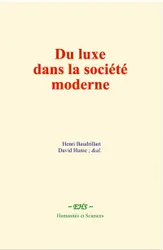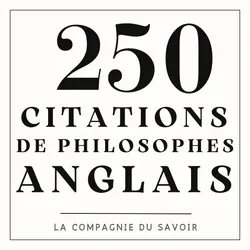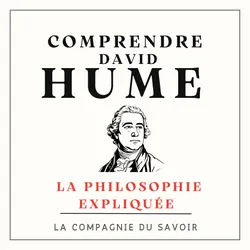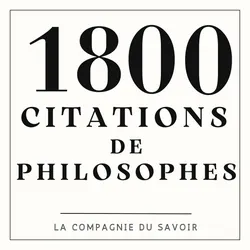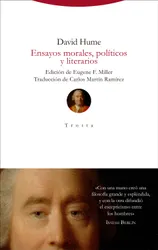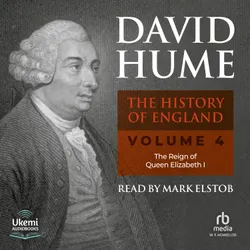David Hume (1711-1776) remains a major figure in British philosophy, particularly for two or three works, including A Treatise on Human Nature and An Enquiry Concerning Human Understanding. But he was also a prolific essayist and historian. During his lifetime Essays Moral, Political and Literary went through a number of editions and collections, far outselling his philosophy. Now, the situation is reversed. But reading the essays today it is difficult to see why. Even after 250 years they continue to be intellectually stimulating, witty, engrossing, and, in many cases, retain a relevance to our times. The variety of topics alone is appealing.
Presented here in the main collection are 47 essays, divided into two parts, though not organised in any specific thematic way. Among the political essays are: Of the First Principles of Government; Whether the British Government inclines more to Absolute Monarchy or to a Republic; Of the Liberty of the Press; Idea of a Perfect Commonwealth. Economic concerns are addressed: Of Money; Of Interest; Of Public Credit; Of Taxes. Hume opens the collection with Of the Delicacy of Taste and Passion, and also considered Of the Rise and Progress of the Arts and Sciences before turning his attention to The Epicurean; The Stoic; The Platonist and The Sceptic.
Not all the essays here were published in Hume’s lifetime. Among eight in this category, some were withdrawn, some suppressed, and some simply didn’t make print. These include Of Love and Marriage; Of Avarice; Of the Middle Station of Life; and even one which turned the mirror on his own activity: Of Essay-Writing.
Though the essay form is not as popular as it once was, it can still sparkle, as can be seen here in the hands of a master.



